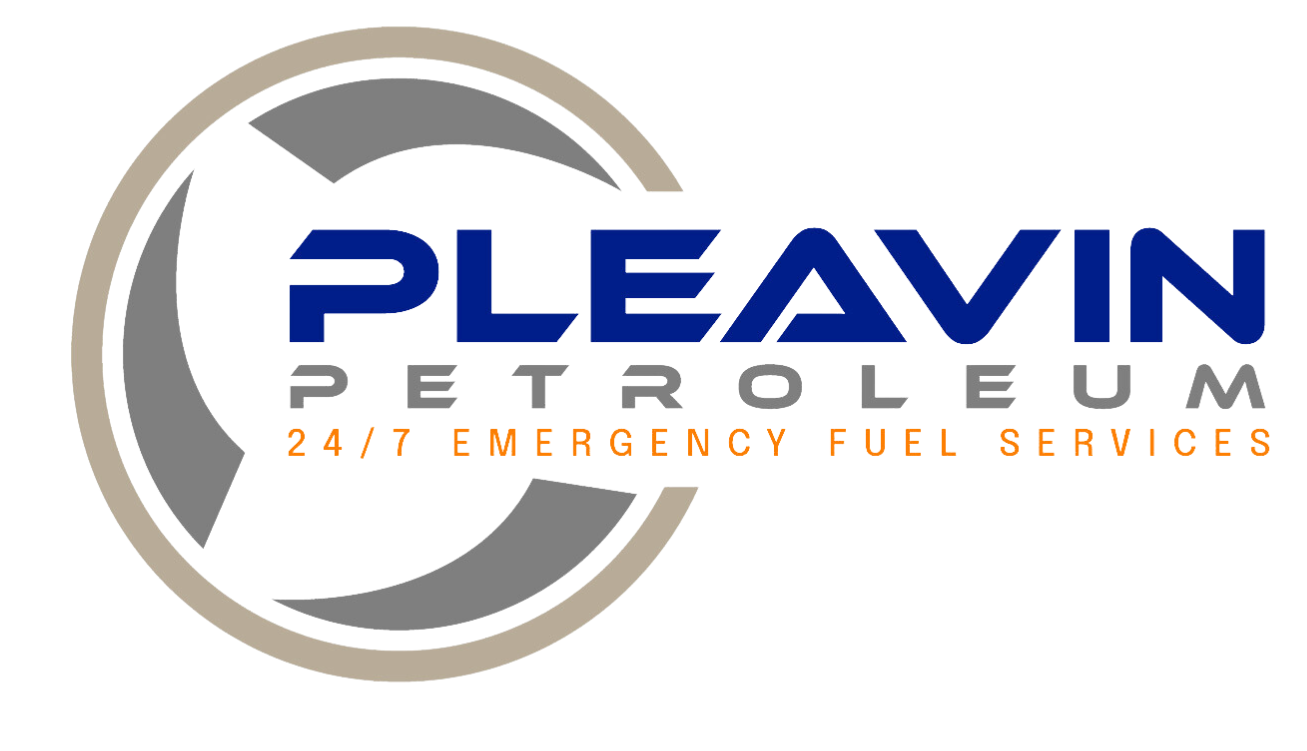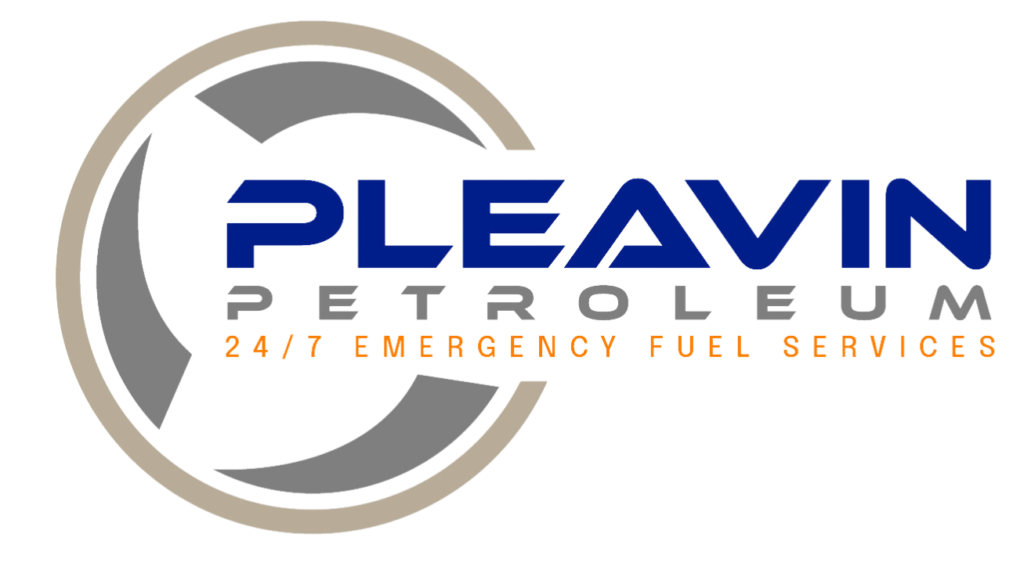What Is Kerosene Oil?

Kerosene oil, often simply referred to as kerosene, is a vital and versatile hydrocarbon-based liquid fuel that has played a significant role in households and industries for over a century.
From illuminating lamps to powering jet engines, kerosene has a diverse range of applications. In this blog, we will delve into the nature of kerosene, its uses, production, and impact on our lives.
Understanding Kerosene
Kerosene is a flammable oil with low viscosity, used by businesses and homes to generate heat, light, and power.
This versatile fuel is part of the middle distillates group of hydrocarbons, primarily consisting of alkanes. It’s known for its relatively high energy content and is commonly used for various purposes.
The History of Kerosene Oil
The name ‘kerosene’ has its roots in the Greek word ‘keros,’ meaning wax. This fuel gained credibility in the mid-19th century when a process for its distillation was approved.
Kerosene quickly became a popular fuel for lighting lamps, replacing whale oil and other less efficient alternatives. The invention of the kerosene lamp revolutionised indoor lighting, providing a safer and more efficient option.
Kerosene’s Applications
Kerosene has various applications making it a versatile and adaptable product for different businesses and industries to use. Let’s take a look at some of Kerosene’s main applications:
Lighting
Kerosene’s use in lamps and lanterns for lighting is one of its most well-known applications. Even today, in certain parts of the world, it continues to be a primary source of lighting, especially in areas with unreliable electricity access.
Heating
In domestic and industrial settings, kerosene is used in space heaters, stoves, and boilers. It burns efficiently and generates a considerable amount of heat, making it an economical choice for heating purposes.
Jet Fuel
Refined kerosene, is the primary fuel used in commercial aviation. It powers jet engines due to its high energy content and flexibility for aircraft use.
Cooking
In regions lacking access to other cooking fuels, kerosene stoves, and burners are utilised for preparing meals.
Kerosene’s Production Process
Kerosene is derived through the production process of fractional distillation. This process involves heating crude oil in a distillation tower, where various components separate based on their boiling points. Kerosene typically separates between gasoline and diesel in the distillation process.
The raw kerosene then undergoes further refining processes to remove impurities, making it suitable for its intended uses. This refining includes treatments to reduce sulphur content, which is vital for environmental and health considerations.
The Environmental Impact of Using Kerosene
While Kerosene has various practical applications, it is not without environmental concerns. The usage of kerosene releases carbon dioxide and other pollutant chemicals into the atmosphere that can have negative impacts on the environment.
The burning of kerosene consequently contributes to air pollution and can negatively impact the quality of air in an indoor environment.
In addition, kerosene extraction and refining processes also have environmental implications, particularly if not conducted with the necessary precautions and environmental standards.
Safety Considerations
Kerosene is a highly flammable product and requires safety precautions such as careful handling and storage. Its use in lamps and heaters means it requires caution to prevent accidents when the fuel is in use.
It should be stored in specifically designed containers and kept away from open flames or sources of ignition.
Global Perspective
The usage and availability of kerosene vary significantly across different parts of the world. While it has become less common in wealthier countries due to the availability of alternative energy sources, it remains a crucial energy source in developing regions.
In such areas, access to clean and safe kerosene for lighting and cooking is a crucial element in improving living standards.
What Are the Benefits of Using Kerosene Oil?
The use of kerosene oil offers several benefits across various applications, contributing to its widespread and historical use. Here are some of the key advantages:
Efficient Lighting
Kerosene has historically been a primary source of lighting, especially in areas with unreliable or no access to electricity. It produces a steady and relatively bright light, making it suitable for lighting in homes, rural areas, and during power outages.
Accessibility
Kerosene is easily transportable and stored in suitable containers. This makes it a convenient energy source, particularly in areas where other forms of energy might be scarce or unavailable.
Cost Effective
In some areas, kerosene remains an affordable and widely available fuel option, making it a practical choice for various purposes, including lighting, heating, and cooking.
Versatile Applications
Kerosene has a wide range of uses, from domestic lighting and heating to industrial applications and powering jet engines. Its versatility makes it a valuable energy source in different sectors.
Kerosene Oil at Pleavin Petroleum
Kerosene, with its long history and versatile applications, continues to be a vital part of our lives. From lighting up homes to propelling aircraft, its significance cannot be overlooked.
However, with the increasing emphasis on sustainability and environmental consciousness, the future of kerosene might witness significant changes.
Pleavin Petroleum is your first-choice fuel provider for a reliable 24/7 emergency fuel delivery service. Our team of experts aims to ensure all customers are fully satisfied with the services and products that we offer.
If you are looking to purchase kerosene oil for your business, we can ensure that your order will be with you within 24 hours of you placing the order. Place an order with us today!

Jack is the founder of Pleavin Petroleum. He has years of experience in dealing with generators and from this, has developed a strong desire in the fuel and fuel services. His dedication to providing a top service to people looking for fuel solutions across the UK has led him to start Pleavin Petroleum.

